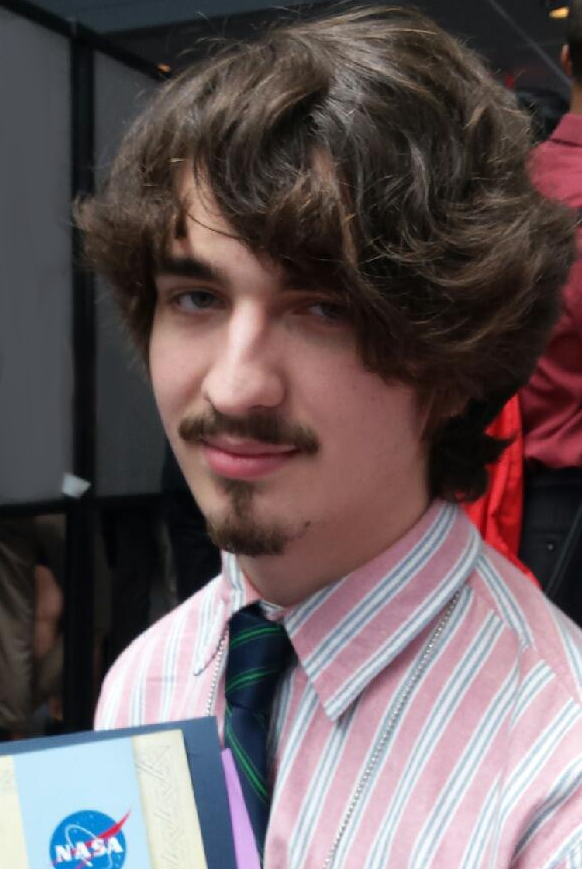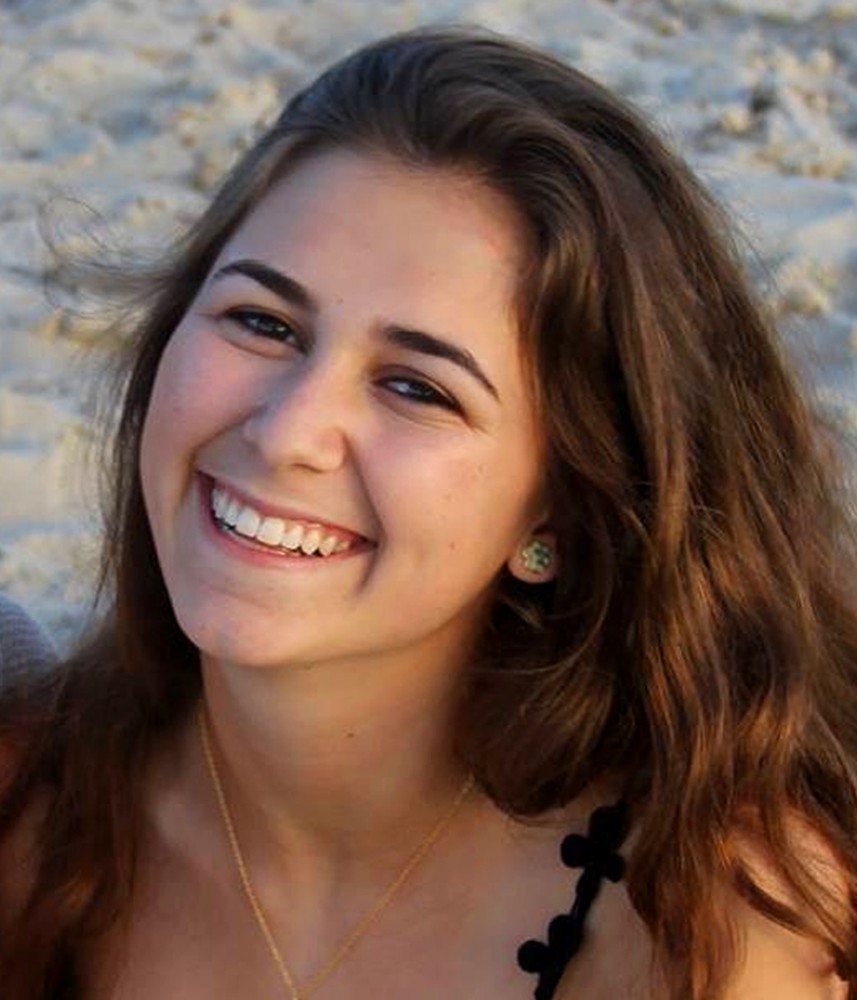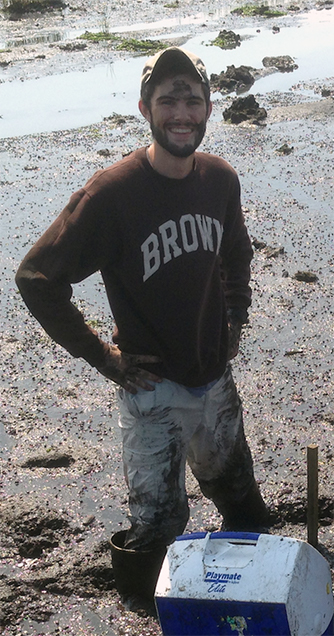The Voss Environmental Fellows Program offers a unique kind of independent research experience — one in which student-faculty-practitioner teams develop research projects to meet shared objectives, directing scientific discovery into channels that will inform current and future management choices. The program targets undergraduate researchers who are interested in any aspect of environmental research (in the natural or social sciences) and plan to channel their experience into a senior capstone or thesis project.
Learn more about the 2016-2017 Voss Fellows below, or check out the main Voss Fellows page for more information about the program. Congratulations to this year's talented and promising crop of young scholars!

Aida Feng '17
Concentration: Chemistry
Research Mentor: Stephen Porder
Feng will explore how soil nitrogen availability varies across secondary tropical forest regrowth in the Atlantic forests of Brazil. This summer, she will travel to the state of Bahia, Brazil to collect soil samples from pre-determined forested sites, each in a different stage of regrowth. She will then analyze the nitrogen content of the soil using a process called spectrophotometry. Her work, in combination with that of others in the Porder lab, will help to advance scientists' current understanding of how nitrogen is cycled through ecosystems over the course of secondary tropical forest regrowth.

Zachary Garvin '17
Concentration: Microbiology/Immunology
Research Mentor: Yongsong Huang
Garvin will quantify the rate at which a microbe produces so-called "GDGT lipids", temperature-indicative organic molecules that are found in geological samples from diverse time periods and environments. This summer, he will isolate GDGTs from diverse soil samples and use stable isotope probing to test whether temperature estimates are accurately representative of the expected time period. Ultimately, knowing the rate at which GDGTs are produced will permit higher-precision paleotemperature estimates by understanding how rapidly the lipids are replaced in the environment.

Victoria Hoffmeister '17
Concentration: Political Science, Environmental Studies
Research Mentor: Timmons Roberts
Hoffmeister's research will focus on how the Unites States' stance on global climate-related loss and damage, or climate change impacts not averted by mitigation or adaptation, has evolved and shaped relevant international environmental policy decisions over the past two years. She will explore her hypothesis using a mixed approach of text analysis and interviews, comparing mentions of loss and damage in each draft decision published preceding and during the last two UN climate conferences (COP20, COP21). Her research will be especially salient in the aftermath of this year's UN climate conference, as interest in loss and damage is likely to be at an all-time high.

Fatima Husain '17
Concentration: Geology-Chemistry
Research Mentor: Yongsong Huang
Husain will perform multiple geochemical analyses of a particular sediment core collected from Fog 2 Lake in Northern Alaska. Her research will contribute to the Huang Lab's creation of a high-resolution, quantitative record of Alaskan Arctic temperatures since the Last Ice Age. This is of particular interest for two main reasons: 1) the Holocene temperature history for the Alaskan Arctic is unknown, and 2) the region is particularly sensitive to climate forcings and feedbacks, both natural and anthropogenic. A high-resolution record of temperature variability in the region will ultimately help geoscientists to develop a more rigorous understanding of the complex processes that dictate climate conditions throughout the arctic.

Thomas Pettengill '17
Concentration: Ecology and Evolutionary Biology
Research Mentor: Mark Bertness
Pettengill will examine the relationship between spatial patterns of mussel mounds and local fluxes of larvae, food, and nutrients in Southeastern Atlanic salt marshes. His project will focus specifically on mounds created by the abundant species Geukensia demissa, which is found throughout salt marshes in this region. He hopes to understand whether physical processes, such as flow, ultimately predict the distribution and abundance of foundation species like G. demissa. This work will help community ecologists to better understand the deterministic patterns that dictate ecological structure and function, and will enable and inform effective restoration and conservation in the face of increasing human impacts on marine ecosystems.

Yesenia Valverde '17.5
Concentration: Environmental Science
Research Mentor: Dov Sax
Yesenia will explore how the elevational distributions of bird species has changed over the past 50 years in the Monteverde region of Costa Rica. By comparing the bird species that have inhabited different areas of Monteverde at different time points, she will be able to examine the occurrence of elevational range shifts over the past half-century. She will work with data collected from previous mist net surveys, which intercept and harmlessly entangle birds mid-flight, and participate in a resurvey to be conducted this year (2016). Locally, her research will affect conservation, tourism, and culture in the region; globally, it will be significant in its ability to help illuminate how tropical montane organisms are responding to climate change.